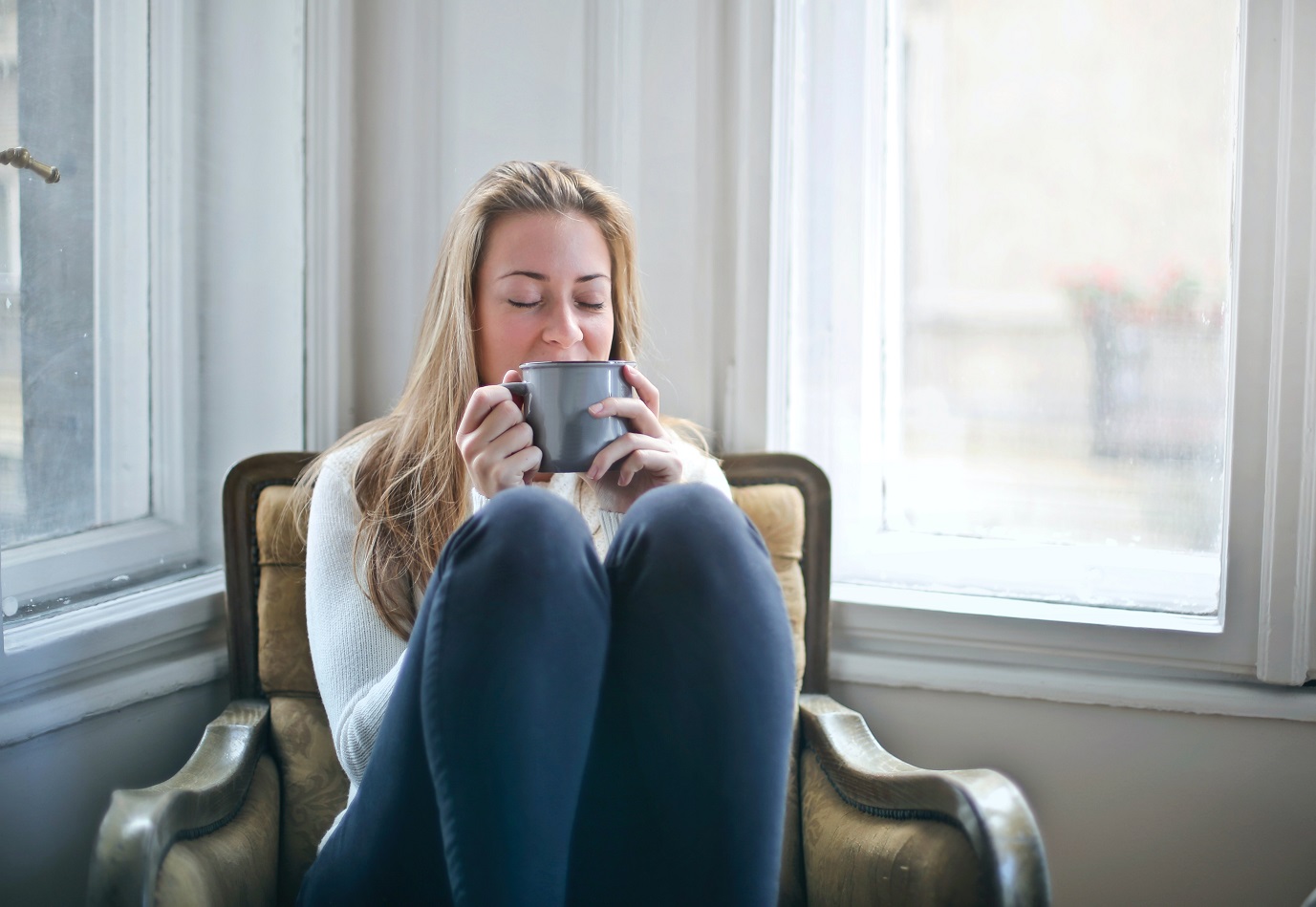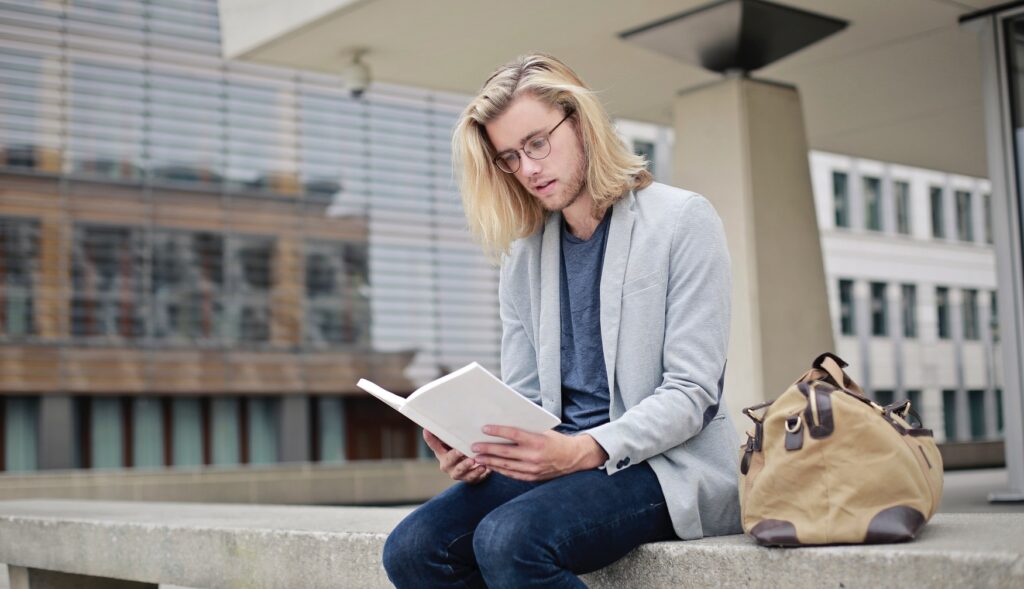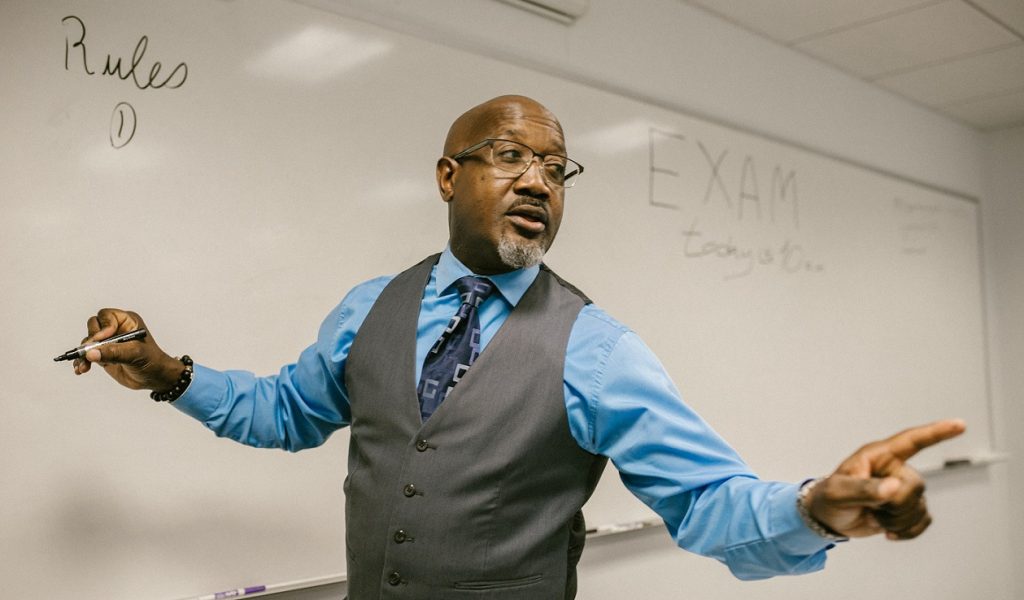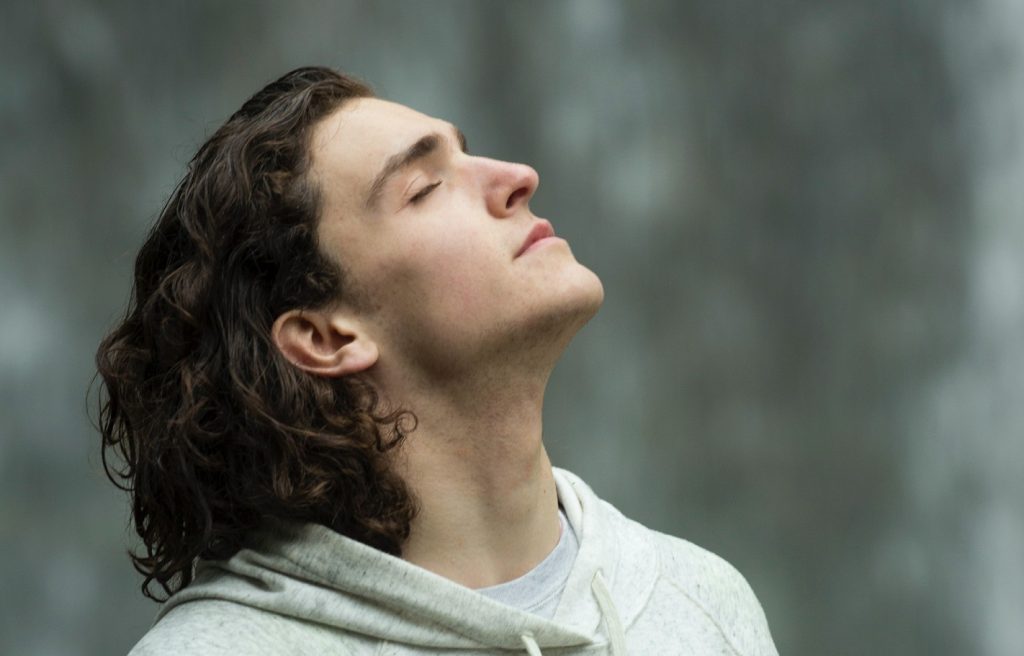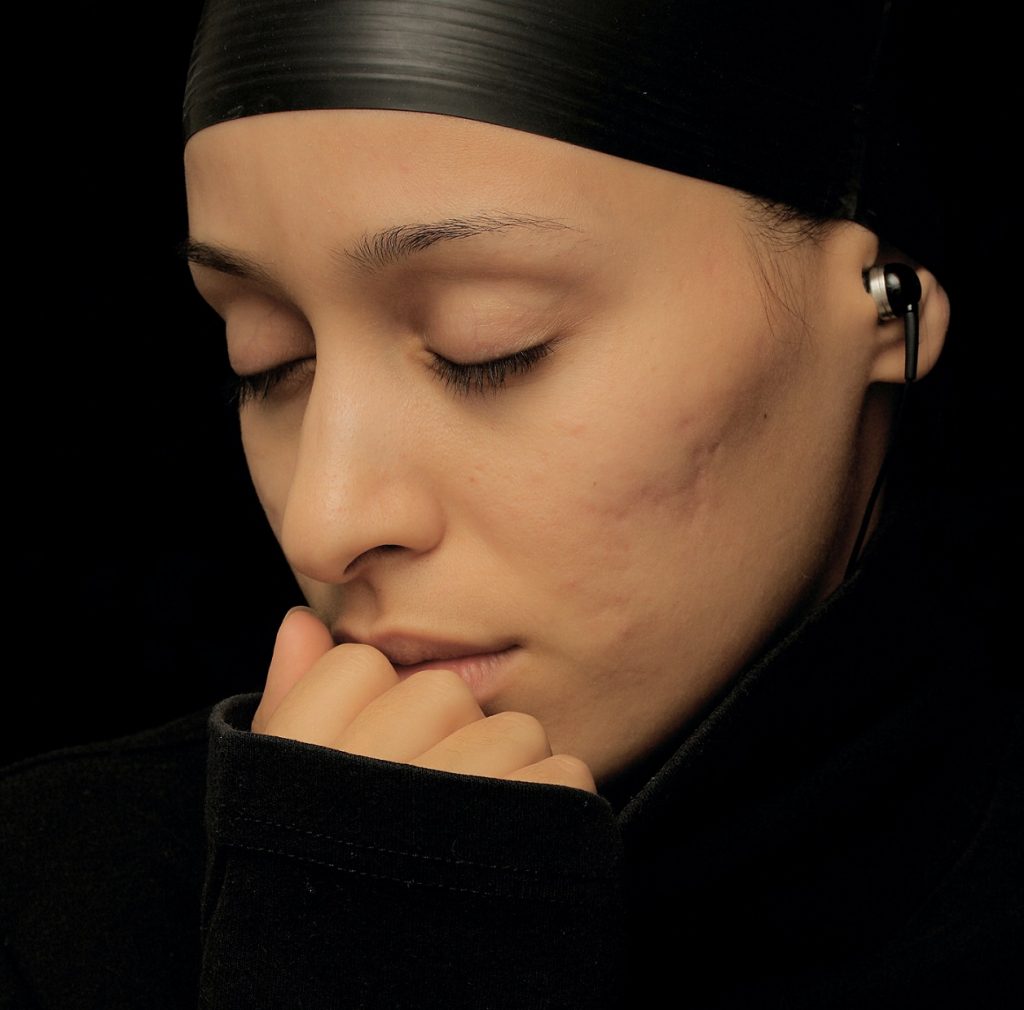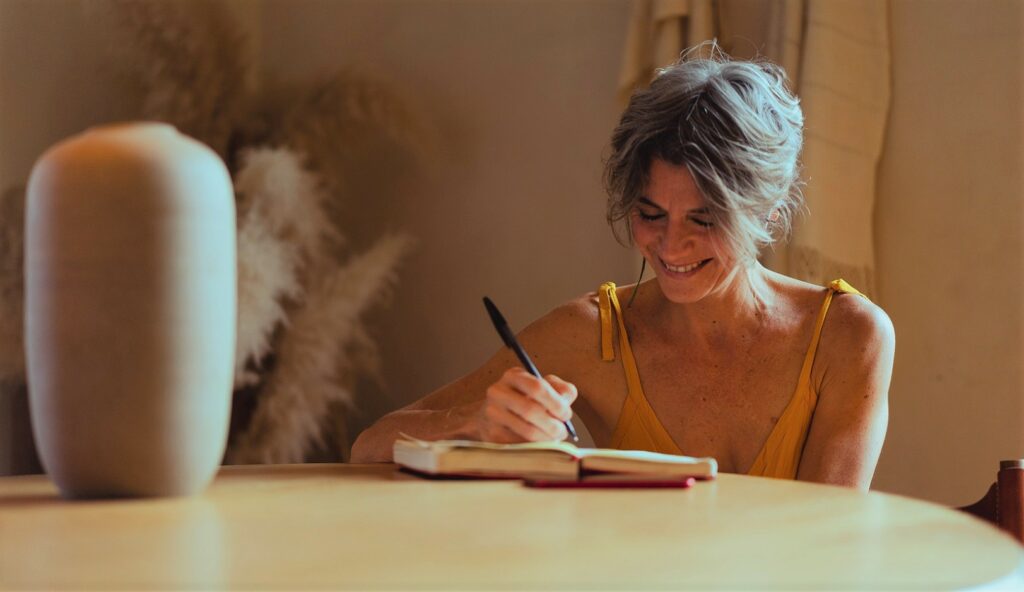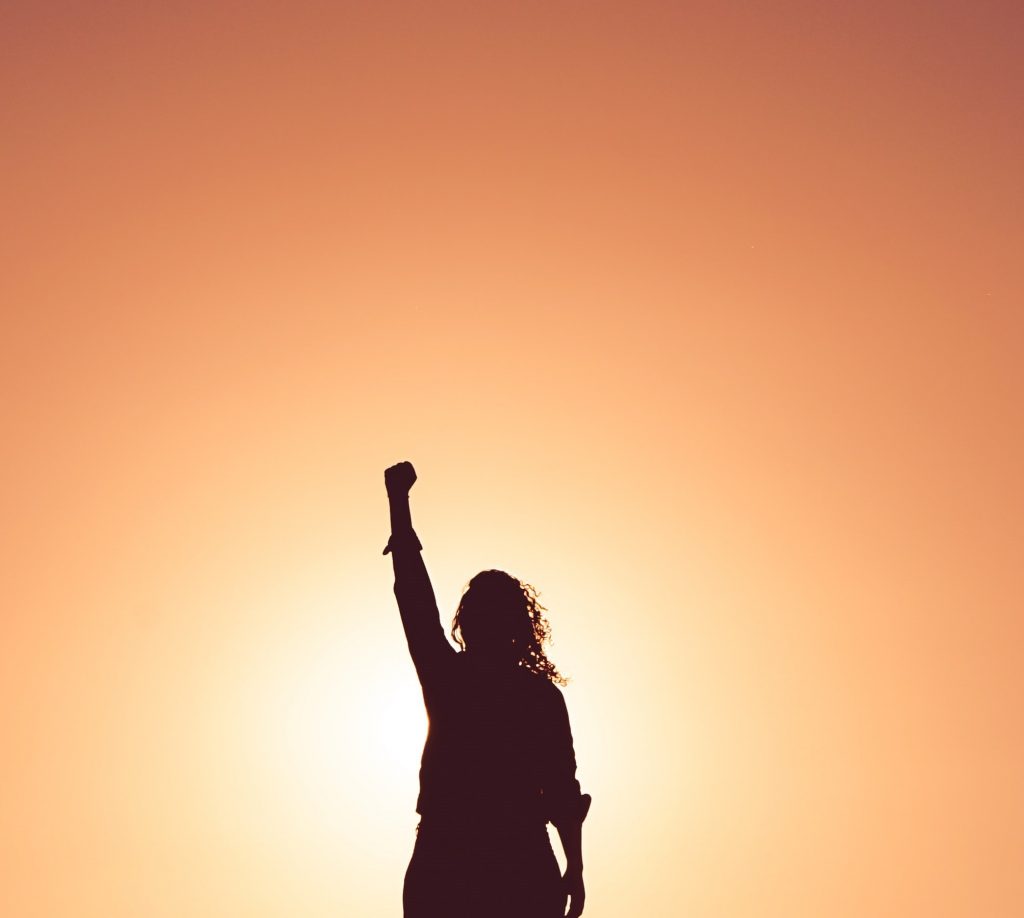The New Normal
As in-person teaching resumes, music educators must adapt and thrive as they ease into a new era in education.
“Nerv-i-cited” is how my daughter describes the feeling of being simultaneously excited and nervous.
As the pandemic evolves, it’s only natural that music educators will feel extra excitement and trepidation about the start of school this fall. What will it be like once in-person classes resume around the country? How will students, teachers, families and administrators navigate the transition? Let’s look at some of the trends that are shaping the “new normal,” and what opportunities may lie within them.
Anxiety All Around
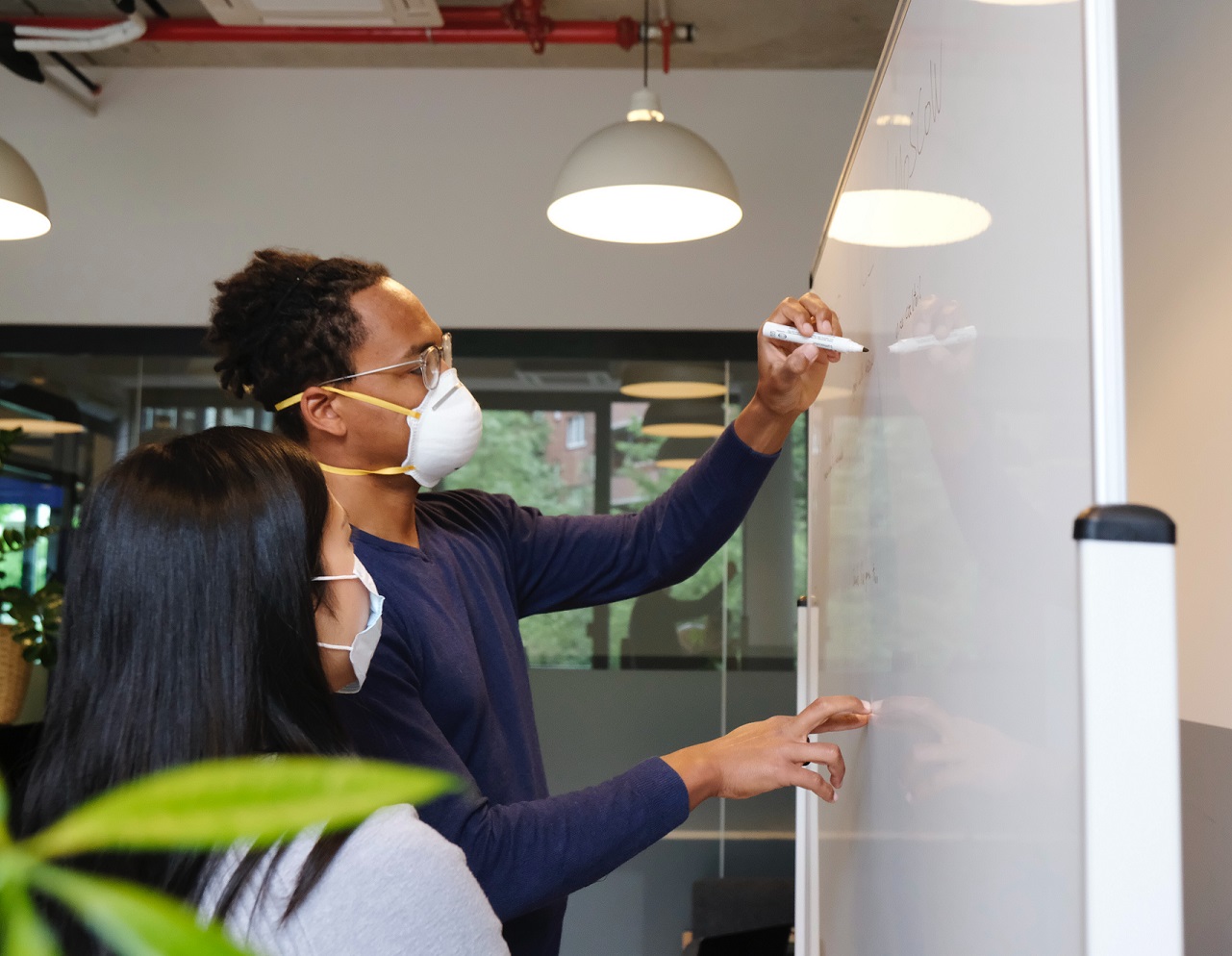 As they return to “normal,” students may be dealing with grief over lost loved ones and worries about feeling safe. On top of that, they have the evergreen stressors, such as going through puberty, concerns over their appearance or being bullied. Parents are likely feeling anxious, too, with their own worries about employment, physical safety and learning losses for their children.
As they return to “normal,” students may be dealing with grief over lost loved ones and worries about feeling safe. On top of that, they have the evergreen stressors, such as going through puberty, concerns over their appearance or being bullied. Parents are likely feeling anxious, too, with their own worries about employment, physical safety and learning losses for their children.
In their professional lives, music educators may be feeling anxious and in a state of mourning because according to Berkeley News, workplaces will never quite be the same again. (Teachers may be dealing with trauma, stress and grief in their private lives as well.)
Here are some ways to soothe anxiety:
- Create routines because they make people of all ages feel more secure.
- Focus on what is within your control, such as planning a great new lesson and activity for your students.
- Go at your own pace. Extroverts have been keen to head to concerts, parties, movies, the theater … but for an introvert, these might be overwhelming. Baby steps and smaller group outings are fine until you feel back up to speed.
Home Schooling Remains a Force
According to this article on Education Week, an unprecedented number of parents decided to home school their children during the 2020-2021 academic year, which created “a shift that could have lasting effects on both public schools and the home-schooling movement.” Christopher Lubienski, a professor of education policy at Indiana University, told EW that the pandemic may cause a long-lasting increase in the number of families choosing to home school, giving it a more mainstream appeal. “People who haven’t really thought about it before suddenly saw themselves forced into [home schooling], and then realizing that it’s something they can see themselves doing,” he explained.
For educators who teach private lessons, a boom in home schooling could open up opportunities to work with new students, as families who have been relying on a school music program may instead seek lessons from a qualified instructor.
This home-schooling trend could affect funding for public school music programs, as school districts may need to compensate for fewer enrolled students.
Outdoor Classrooms
Open-air education is another trend that accelerated due to the pandemic — and it’s being embraced for long beyond. “Forest schools” and outdoor classrooms foster movement, creativity and sensory experience, reports EdSource. While they have been used primarily for young children, they hold potential for K-12 students.
In addition to an increased sense of wellbeing and lesson retention for students, outdoor education also leads to higher job satisfaction for teachers, according to the World Economic Forum. Are there ways you can get your music students out into the fresh air? Perhaps an outdoor amphitheater can be used, for example.
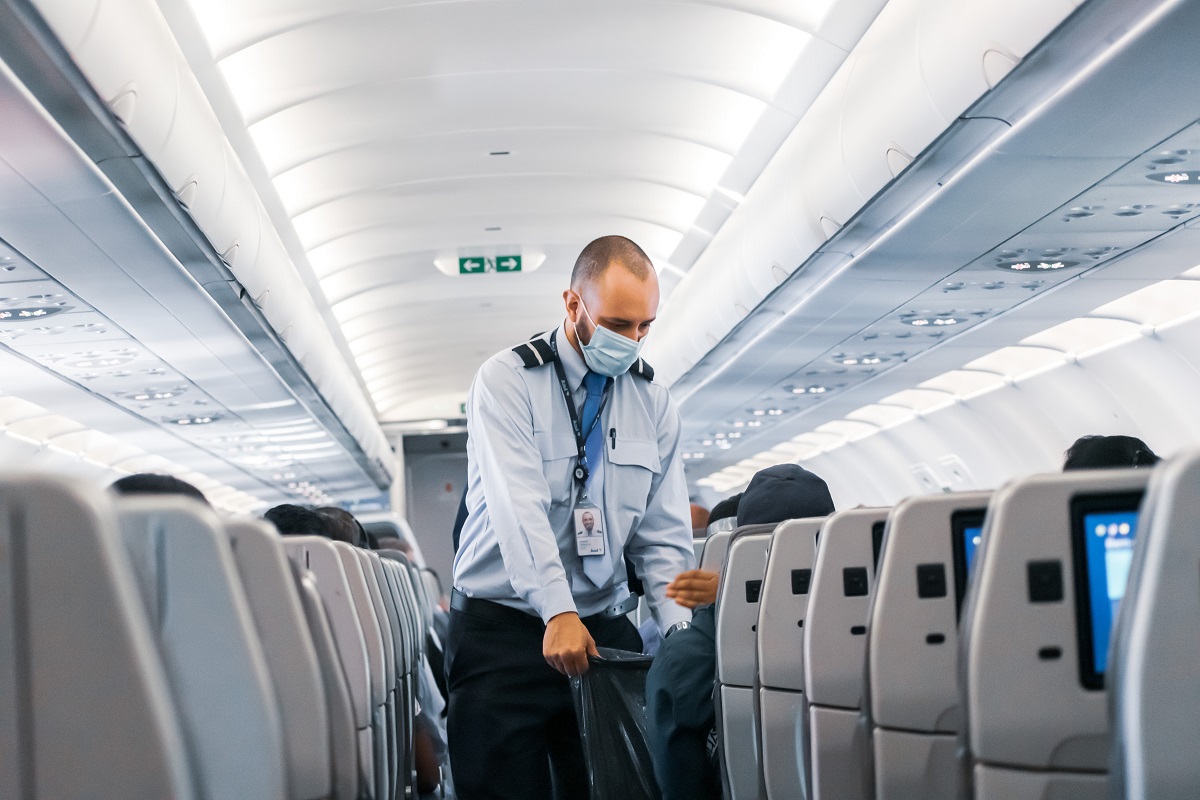 Road Trip!
Road Trip!
Students and their families will likely be traveling again, as people are re-booking travel that was cancelled during the pandemic, and they are planning to travel more in the future. According to vacation home rental company VRBO, which conducted a survey among 8,000 people, 82% of families already have travel planned for 2021, and 65% plan on traveling more than they did pre-COVID. As for 2022, “that is going to be a record year, I think,” hospitality executive Jon Grutzner told CNBC. You may notice students slipping away a few days early, prior to an official holiday break.
Self-Care
During the pandemic, self-care became more than a buzzword — it became essential. With burnout and stress at all-time high levels in society, and especially for teachers, self-care finally got the legitimacy it deserves. As we ease back into a more face-to-face society, keep the trend going with simple self-care practices such as:
- Setting flexible goals instead of endless and unrealistic lists of to do’s.
- Having healthy boundaries, such as “I don’t answer work email past XX time.”
- Indulging in restful sleep.
- Enjoying healthier food choices.
- Creating a home environment that feels like a soothing sanctuary with pleasant lighting and scents, and soft materials.
Think about things that supported your mental and physical health during the pandemic, and what is worth keeping as a new habit. Maybe you rediscovered the joys of a daily walk, or found an online streaming yoga class, or learned to play a new instrument.
The best thing we can all do is to take the transition gently and being open to possibility. The world is not the same as it was, and we are not the same people we were. But here’s to creating something new in the upcoming school year and seeing where the journey takes us.










